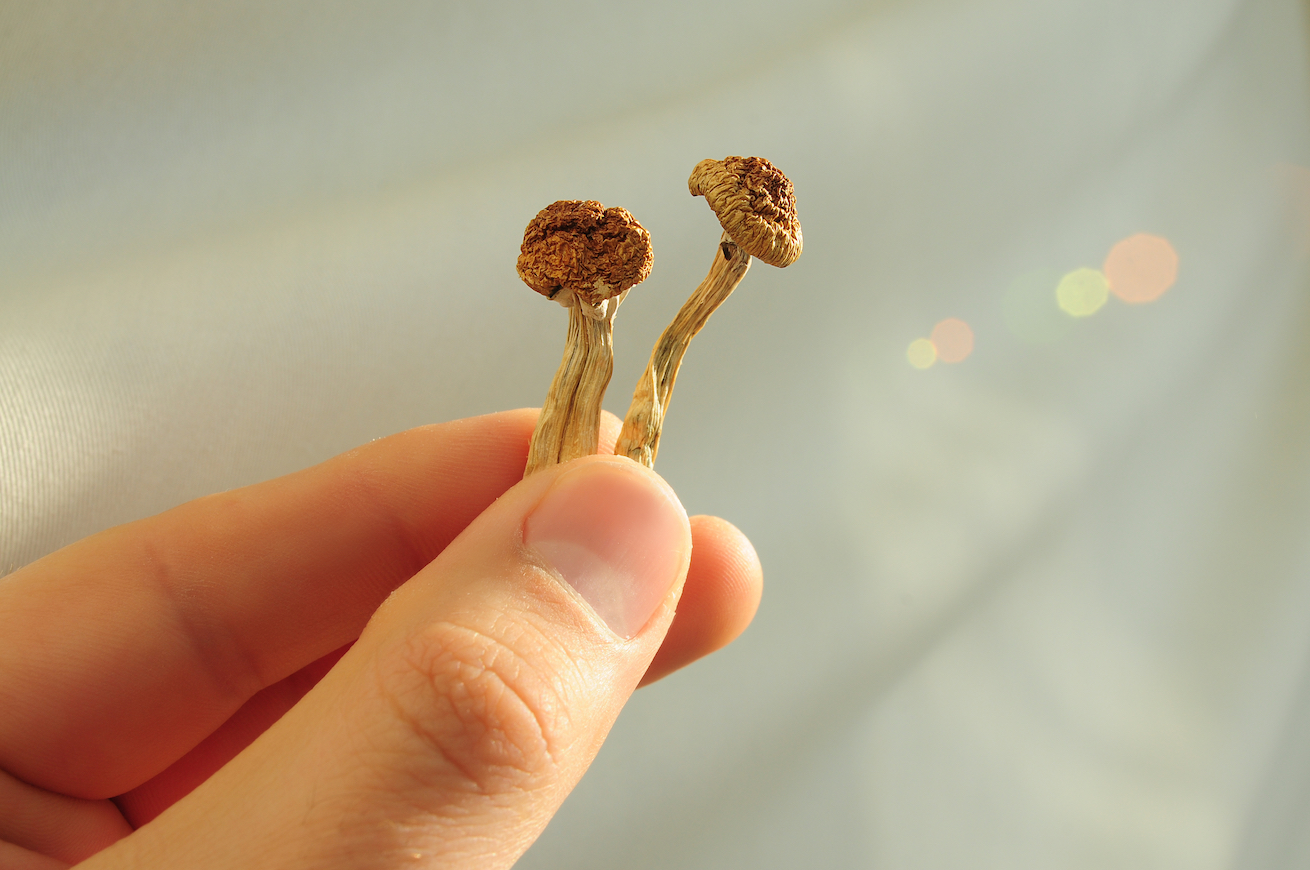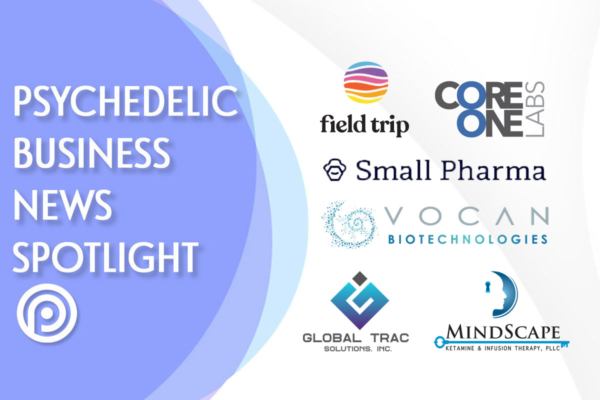
Canadians largely support psilocybin-assisted therapy, according to a new poll released Wednesday by the Canadian Psychedelic Association (CPA).
The Nanos Research survey of 1,051 citizens aged 18+ found that 82% approve the use of psilocybin-assisted therapy for people suffering from an end-of-life illness, and 78% would support a government that legalized psilocybin-assisted therapy to improve the quality of life end-of-life patients, as well as those receiving palliative care. The latter is specialized medical care to relieve symptoms and stress for people living with a serious illness, such as cancer, congestive heart failure, kidney disease, Alzheimer’s, Parkinson’s, and more.
Additionally, 64% of those surveyed believe that the Canadian government should also expand legal access to psilocybin-assisted psychotherapy for those who qualify under the Medical Assistance in Dying (MAID) rules. It’s yet another sign that Canada may become the next country to legalize psychedelic medicine.
“It is encouraging that this is an issue that all political parties support and Canadians have given their endorsement for,” says Dr. Pamela Kryskow, a medical doctor and psychedelic researcher. “We see this as a green light for Health Canada to proceed with the regulations.”
Although the country outlawed psychedelics back in 1974, Health Canada has granted Section 56 exemptions to its Controlled Drugs and Substances Act, allowing research and an emerging psychedelic pharmaceutical industry to thrive, while also granting select patients and healthcare professional access to psilocybin.
This new phone survey was conducted between June 30 and July 5 this year. According to Nanos, the sample is geographically stratified to be representative of Canada, leading the CPA to declare that public support for psilocybin is at an all-time high. As a result, the organization is responding with a Memorandum of Regulatory Approval (MORA). The document proposes amendments to current regulations, recommending medicinal psilocybin therapy to be medically authorized, produced, distributed and consumed in a safe and therapeutic environment.
“The MORA was prepared by some of the best researchers, industry, legal and regulatory experts in Canada,” says Cory Firth, the Executive Director of the Canadian Psychedelic Association. “As the voice of psychedelics in Canada, we made sure that no stone was left unturned in our efforts to bring timely and effective regulatory change to Canadians at end-of-life and suffering from various treatment-resistant mental health conditions.”
The CPA is a non-profit organization focused on advancing legal and ethical frameworks for medical and therapeutic psychedelic use. Representatives for the association have been engaged in discussions with members of Parliament, senior government officials, representatives from all parties, and national stakeholders over the past 10 months. According to Firth, CPA has encountered unanimous support for access to psilocybin therapy with a palliative diagnosis.
Psilocybin therapy for end-of-life and palliative care is a step in the right direction, but for many psychedelics advocates, it’s not enough.
Spencer Hawkswell, CEO of non-profit advocacy group TheraPsil, founded to secure access to therapeutic psilocybin for end-of-life patients, told the Psychedelic Spotlight Podcast last week that they’re now “lobbying hard” for safe and equal access to psilocybin for all Canadians.
Dr. Douglas Cook, Associate Professor of Neurosurgery at Queen’s University and Chief Medical Officer at Dimensions Health Centers, tells Psychedelic Spotlight that he believes the country is on “an inexorable march towards the approval and uptake of psychedelic therapies.”
“Psychedelics have been shown to ease the suffering of individuals at the end of life in multiple studies,” he says. “More recently, psychedelic assisted therapy has been shown to be effective and safe in the treatment of depression and PTSD. At this point in history, Health Canada has the opportunity to open possibilities for new effective therapies and a new era of discovery by creating pathways for access to psychedelics for clinicians and patients.”





